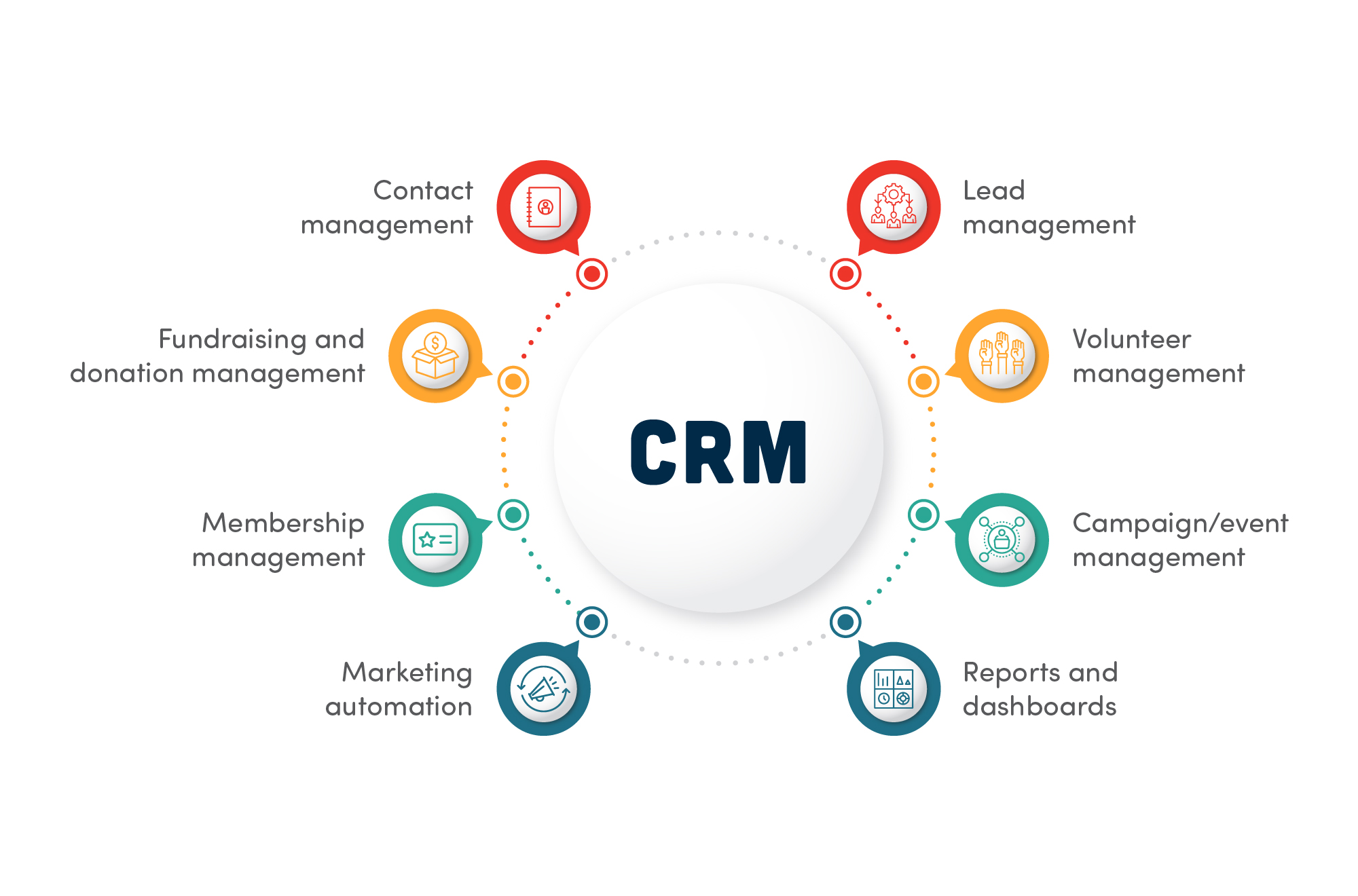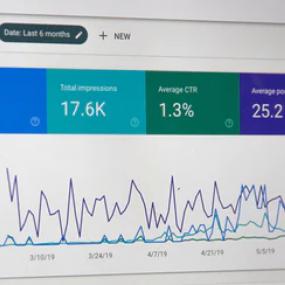Constituent relationship management (CRM) systems can be thought of as all-in-one database solutions. They're invaluable for advocacy or membership-based not-for-profits. Their main purpose is to help track and manage an organisation's interactions with its constituents.
Your organisation maintains relationships with a wide variety of people. If you’re a for-profit organisation, you might call these people your customers and track your interactions with them with a customer relationship management (or CRM) system.
If you’re a not-for-profit, especially if your core mission is advocacy, you might consider them your constituents. Your constituents might be your donors, volunteers or members, or a combination of these. How well do you know them? And how much better could your organisation achieve its mission if you understood your constituents better?
Do you need a CRM system?
Spreadsheets, email and sticky notes may work just fine when you have a small number of constituents. But as you grow, the simplicity of these tools limits your team’s ability to track, analyse and understand your interactions with your constituents and your ability to make informed, timely decisions. A CRM offers your organisation a single source of truth, providing easily accessible data that can improve constituent interactions and increase your organisation’s impact.
Centralised data source
If your team members are still manually entering data to create reports, they’re spending less time doing what they should be doing. CRM systems can keep all constituent data in one easy-to-access place, making up-to-the-minute reporting and accurate analysis a breeze.
Tracking communications
If your constituents are talking to multiple people within your organisation, it can be easy to lose track of what’s been communicated over time. It can also happen that someone has taken a message and not passed it on to the person dealing with that client. A CRM system will provide a history of all your interactions with a constituent, showing who has said what and when.
Smarter marketing campaigns
If you are running various campaigns and wish to communicate with your constituents to encourage their participation in campaigns, a CRM can help in a variety of ways, from sending simple newsletters to more sophisticated segmented marketing. Ideally, select a CRM that has an integrated marketing tool so all your data is held in one place.
Streamlining multiple systems
If you’re working out of multiple systems to keep in touch with constituents — email, live chat, phone — and spend a great deal of time moving from one system to another and manually recording notes from each touchpoint, you’ll benefit from a CRM that can perform the functions of several of your current systems, streamlining records and reducing duplication.
Improving productivity
If you spend your time working on repetitive manual tasks, CRM systems can automate them and improve productivity. Examples include:
- sending automated follow-up emails after donations
- sending renewal reminder emails to members
- sending thank you emails to event participants
- distributing lists of available opportunities to volunteers.
Common CRM features and functionalities

Contact management
Stores, organises and tracks information about your constituents, including donors, volunteers, event participants and members.
Lead management
Captures, tracks and manages prospective supporters, such as online users who want to know more about your organisation’s services.
Fundraising and donation management
Opportunity management function enables organisation to organise fundraising and donation activities such as online and offline drives, events, bequest management, one-off and regular donations, peer-to-peer fundraising and more.
Volunteer management
Helps with volunteer recruitment, assessing volunteer skills and qualifications, scheduling and tracking volunteer events and shifts, and analysing volunteer contributions.
Membership management
Facilitates multiple membership levels, membership approval process, automatic renewal reminders, payment processing and voting rights.
Campaign/event management
Organisations can plan, manage and track events and campaigns. Marketing options include direct mail programs, seminars, print advertisements and email.
Marketing automation
Organisations can target constituents with automated marketing messages across email, web, social, and text. Messages are sent automatically, according to sets of instructions called workflows. Workflows may be defined by templates, custom-built from scratch, or modified mid-campaign to achieve better results.
Reports and dashboards
Reports and dahsboards enable analysis and summaries of raw data with actionable results.



Status message
Thanks for rating this guide.